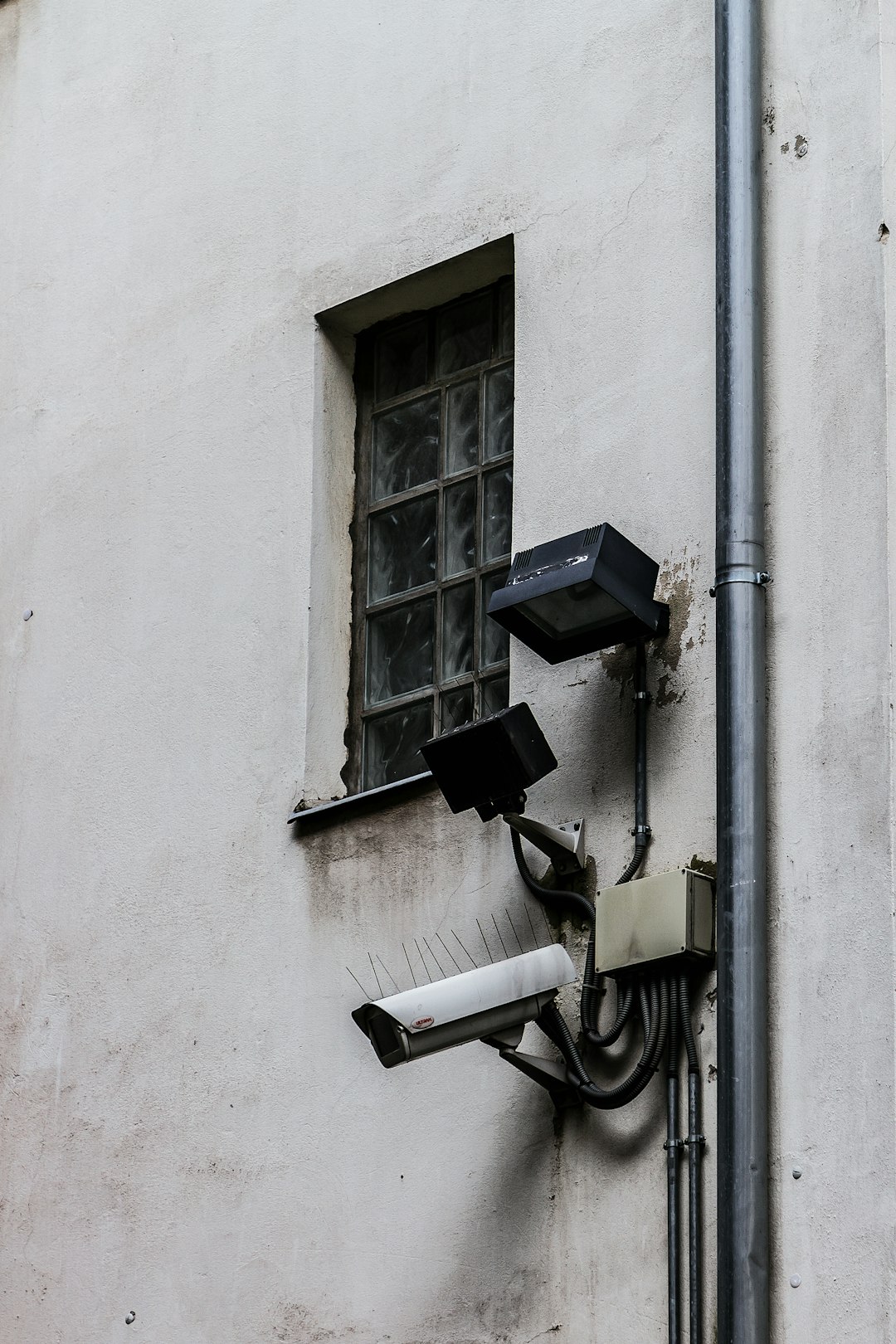Every time you go online, you leave little traces of yourself behind. This is called your digital footprint. It includes your IP address, websites you visit, cookies, and even what you click on. Like footprints in the sand, it tells a story. But what if you don’t want the internet to know your business? That’s where proxies come in. And no, it’s not complicated. Let’s have some fun learning how to shrink that footprint while still surfing safely!
What Is a Proxy?
A proxy is like a middleman between you and the internet. When you use one, your real info — like your IP address — gets hidden. The website sees the proxy’s details, not yours. Pretty cool, right?
Think of it as sending someone else to the store for you. The store doesn’t know who you are. They only know the person standing in front of them. That person is the proxy!
Why Care About Your Digital Footprint?
Your digital footprint can say a lot about you. It can show:
- Where you are
- What sites you like
- What you shop for
- Your hobbies and preferences
This info can be used for ads, price changes, or even sold to other companies. No thanks!
Proxies: A Good Start, But Not the Whole Picture
Using a proxy hides your IP. That’s great! But it doesn’t erase everything. Websites can still track you in other ways. So, if you want to really reduce your digital footprint, you’ll need to do a bit more.

Simple Steps to Stay Stealthy With Proxies
Here are a few quick and easy steps you can take:
1. Use Different Proxies
Don’t use just one. Rotate between proxies when browsing different sites. Some proxies do this automatically. They’re called “rotating proxies.” They’re like digital disguises that keep changing!
2. Turn Off Cookies
Cookies are like little spies. They track your activity. Turn them off in your browser settings, or use browser extensions to control them better.
3. Go Incognito (But Don’t Rely On It)
Incognito mode can help a bit. It doesn’t save your history or cookies. But your IP is still visible unless you use a proxy. Combine both for a safer browsing session.
4. Avoid Logging Into Personal Accounts
If you’re using a proxy and then log into Facebook — bam! You’ve just exposed yourself. Keep personal accounts separate from your proxy browsing sessions.
5. Clear Your History and Cache
Your browser stores a lot. Clear it out often. This removes stored data that could be used to track you later.

Bonus: Use Tools That Help You Stay Private
Here’s a list of tools that work great with proxies to reduce your digital footprint even more:
- Privacy-Focused Browsers: Try Brave or Firefox
- Script Blockers: Use uBlock Origin or NoScript
- VPNs: For extra protection, use a VPN and a proxy together
- Anonymous Search Engines: Like DuckDuckGo or Startpage
Watch Out for These Mistakes
Some people think using a proxy makes them invisible online. Not quite. Here are common mistakes to avoid:
- Using free proxies that log your data
- Not checking if your DNS leaks your IP
- Forgetting to update your privacy settings
Your Online Ninja Status Awaits
Hiding your digital tracks isn’t just for hackers or secret agents. Anyone can do it — yes, even you! Using proxies is a smart way to start. Combine them with a few easy tricks, and you’ll be browsing like a ghost in no time.
So, throw on that digital cloak. Rotate your proxies. Clear those cookies. And laugh in the face of tracking scripts. Okay, maybe not out loud — but you get the idea.
The internet doesn’t need to know everything about you. Keep things private. Surf smart. Be free.



